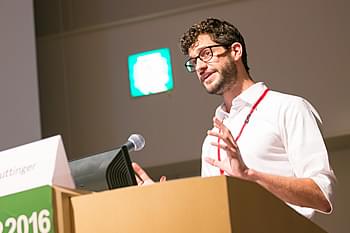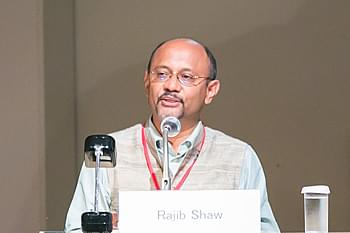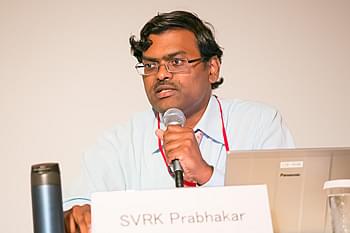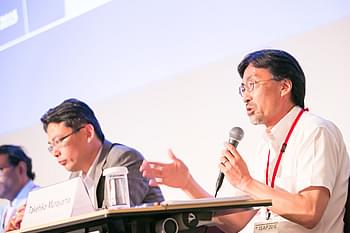| DAY1: 15:30-17:00 | Parallel Session 2 |
|---|
Addressing Climate Fragility Risks in Asia and Pacific: Challenges and Opportunities for Achieving Sustainable Development
Climate change is one of the key global security challenges of the 21st century. Its impacts are a ‘threat multiplier’ that will increase state fragility, fuel social unrest and potentially result in violent conflict.
Simultaneously, existing state fragility is hampering efforts at adaptation, particularly among vulnerable populations. This threatens to lock many societies into ‘fragility traps’.
Based on a thorough assessment of existing policies on climate change adaptation, development cooperation and humanitarian aid, and peacebuilding, the work by Adelphi, Germany identified several compound risks and recommends that the G7 take concrete action, both as individual members and jointly, to tackle climate-fragility risks and increase resilience.
The compound risks identified are very relevant for the current political discourse in Japan on converging trends (demographic development, urbanisation, etc.) and on issues such as energy security, climate mitigation and adaptation, and disaster risk reduction (DRR).
The overall goal of the session is to raise awareness on climate-fragility risks and implications for sustainable development in Japan. The session will inform audience the results from the joint-research being carried out by Adelphi-IGES with focus on Japanese audience, including results from an expert meeting held in June.
Presentation
 | PDF (1.7MB) |
Panelists
 | ||
 | PDF (1.1MB) | |
 | PDF (2.8MB) | |
 | PDF (3.9MB) |
Moderator
| Date & Time | 12 July 2016, 15:30-17:00 | Language | English /Japanese |
|---|---|---|---|
| Venue | Room502, Pacifico Yokohama Conference Center | Session No. | PL-2 |













